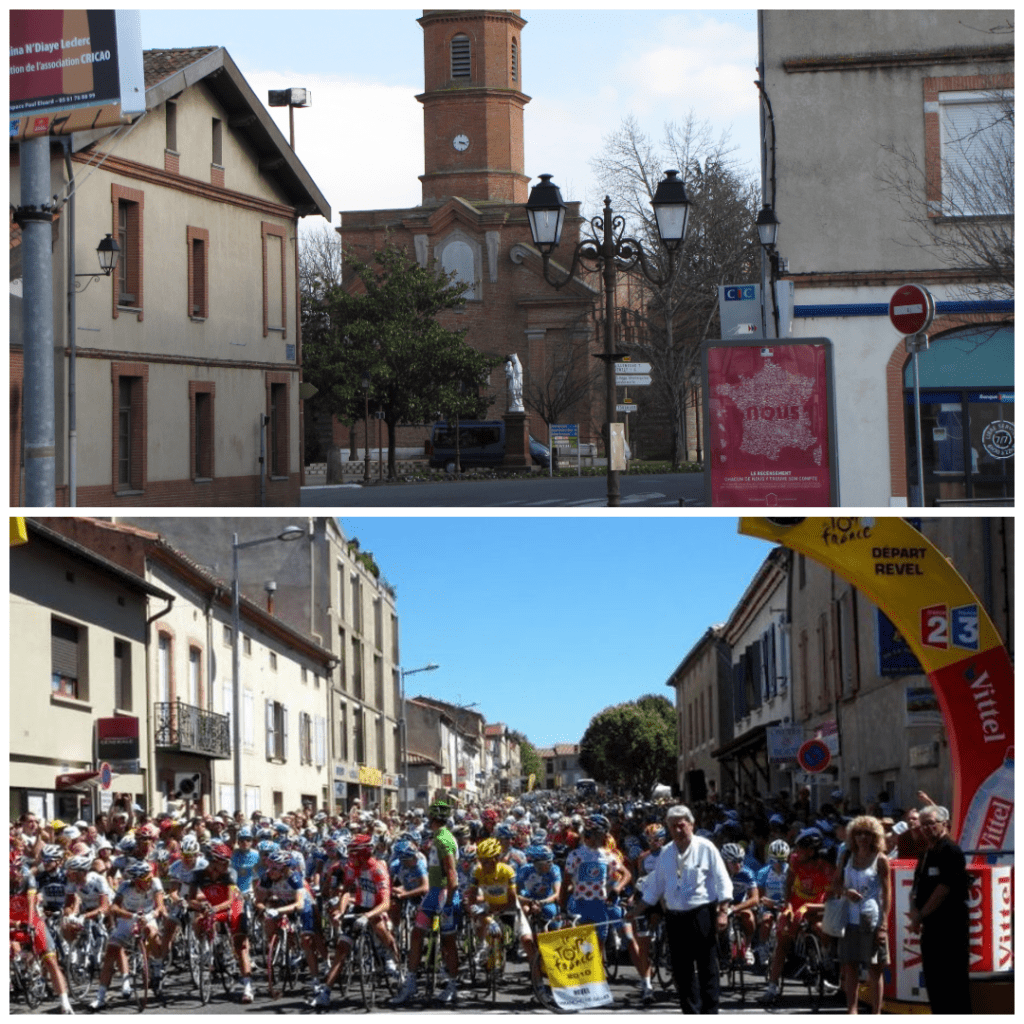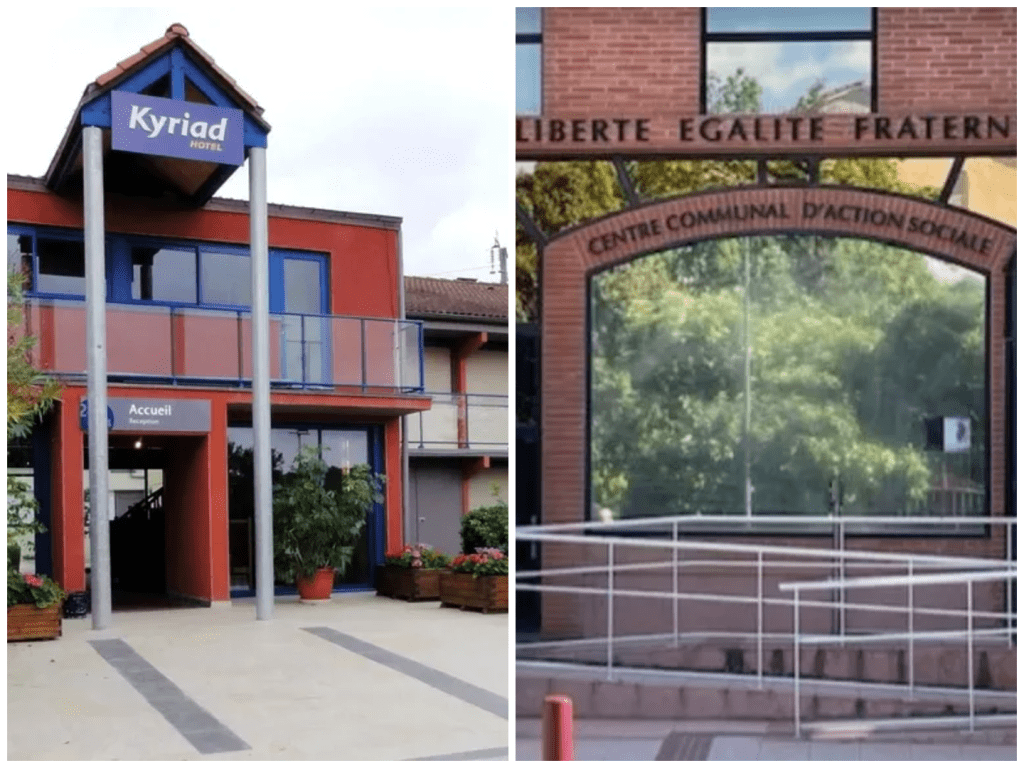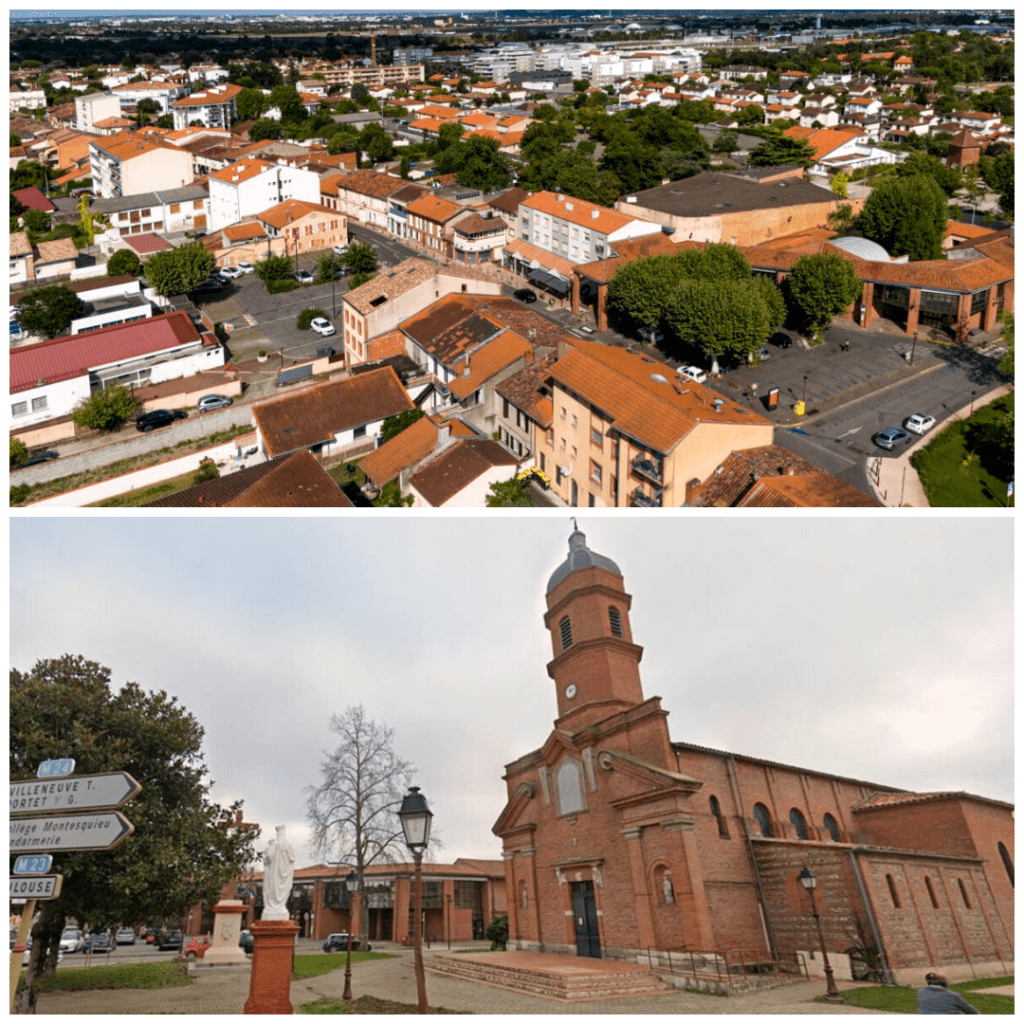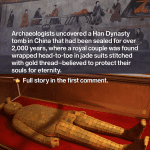A French Town Officially Outlawed Dying—And It Worked (Believe It or Not)

In a small town tucked just outside Toulouse, France, something unbelievable happened in 2007. The mayor of Cugnaux, a peaceful commune known more for its quiet neighborhoods than wild headlines, officially made it illegal to die. Yes, you read that right. Death was banned. Not in theory. Not as a joke. The mayor signed an actual decree.
At first glance, it sounds ridiculous. But like most things in life, it makes a lot more sense once you hear the full story. And once you do, you might even find yourself cheering for it.
It started with a problem most towns don’t think about until it’s too late—they ran out of space to bury the dead. Cugnaux had two cemeteries, both small, and they were nearly full. Only 17 plots remained. And while that number might work for a while in a tiny rural village, Cugnaux had grown rapidly, especially with the nearby city of Toulouse expanding.
Mayor Philippe Guérin saw the problem coming. He submitted formal requests to regional authorities to approve more land for a new cemetery. They said no. He tried again. They said no again. The town had even located a suitable piece of land already zoned for a commercial supermarket that had never been built. Still, nothing moved.
And that’s when Mayor Guérin decided that if logic and law weren’t working, maybe satire would.

So he issued a decree: Anyone who does not already own a grave in Cugnaux is “forbidden to die” in the commune. Violators, he warned, would be “severely punished.” Of course, the statement was symbolic. No one was actually going to face charges posthumously. But it was a loud, almost comedic form of protest—a way to scream into the void and make people listen.
And it worked.
Within days, national and international media picked up the story. Headlines around the world asked: “A town that bans death—what’s going on in France?” The story was too strange, too clever, too human to ignore. In a matter of weeks, the bureaucracy that had refused to budge for years started shifting. Attention worked where paperwork didn’t. Eventually, the town got the land it needed to expand the cemetery.
But beyond the headlines and the absurdity, there’s something powerful about this moment. It was a mayor fighting for something simple and necessary: the dignity of death. Not flashy infrastructure or political gain—just a resting place for his town’s people.
It makes you think about how often we accept silence in the face of frustrating rules. Sometimes systems move slow. Sometimes they don’t move at all. But what if more leaders had the courage—or the creativity—to do something unexpected?

I picture that day when the decree was issued. Townspeople must have laughed reading it on the bulletin board or hearing about it from neighbors. “Did you hear? We’re not allowed to die anymore.” But beneath that laugh was something unspoken: someone finally took their concern seriously. Someone made noise.
People from other countries chimed in, too. On forums and blogs, strangers applauded the move. “Only in France could something like this happen,” one person joked. Another wrote, “It’s absurd, but it’s brilliant.” And it was. It turned local frustration into global conversation—and eventually, into real change.
Since then, other towns have tried similar methods. A village in Italy did something alike when their graveyard filled up. A town in Brazil followed suit. But Cugnaux’s story stands out because it was one of the first, and it worked so perfectly.
And it’s also deeply human.
We plan everything in cities—where to build parks, roads, schools—but we often forget to plan where to let people rest. Death is one of the most personal, permanent parts of life, and yet in modern towns, it often becomes an afterthought. That’s what made this story so touching. It reminded everyone that cemeteries aren’t just patches of land. They are stories, grief, memories, closures. They are as sacred as any hospital or church.
The most powerful part? This didn’t take force. It didn’t take threats. It took a funny law that nobody could ignore.
Years later, people still bring up Cugnaux when talking about odd legal moves or political protests. But it deserves to be remembered not for its weirdness, but for what it teaches us: that sometimes absurdity is the only way to make others see reason.
It makes you wonder—how many problems could be solved if we weren’t afraid to look a little foolish in the process?

Lena Carter is a travel writer and photographer passionate about uncovering the beauty and diversity of the world’s most stunning destinations. With a background in cultural journalism and over five years of experience in travel blogging, she focuses on turning real-world visuals into inspiring stories. Lena believes that every city, village, and natural wonder has a unique story to tell — and she’s here to share it one photo and article at a time.





